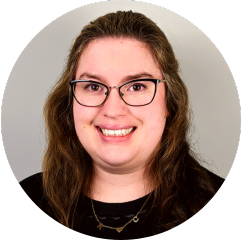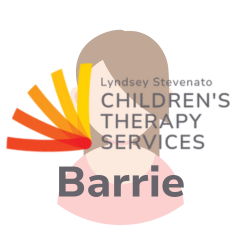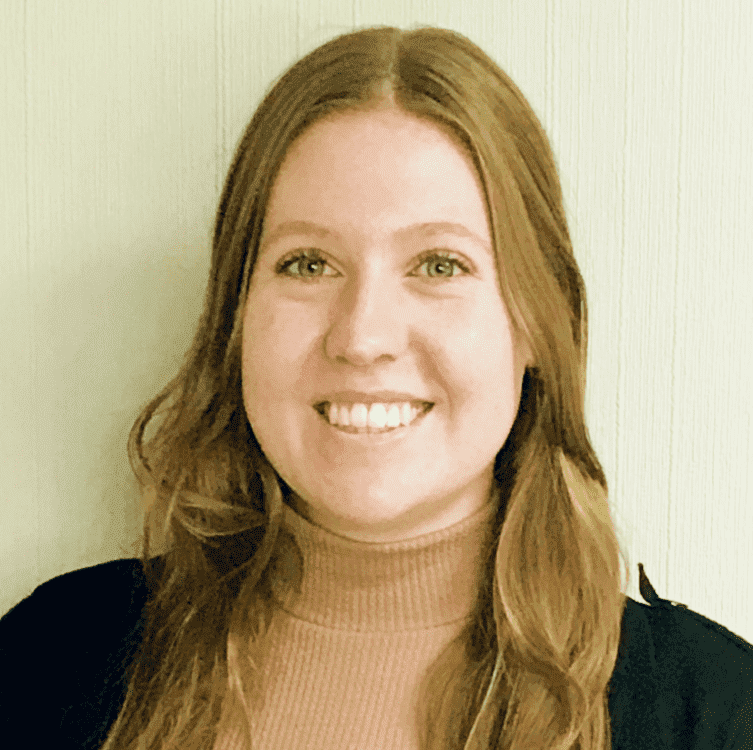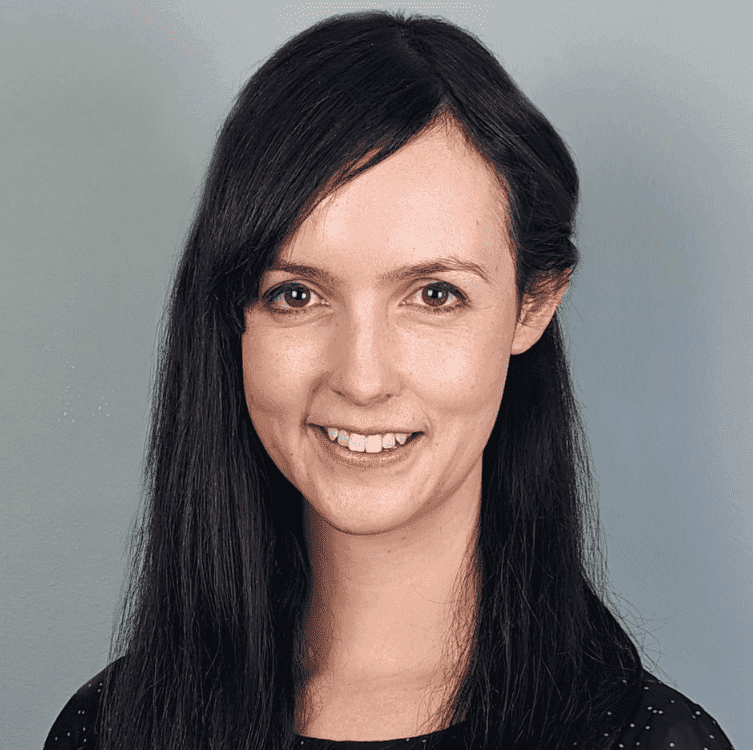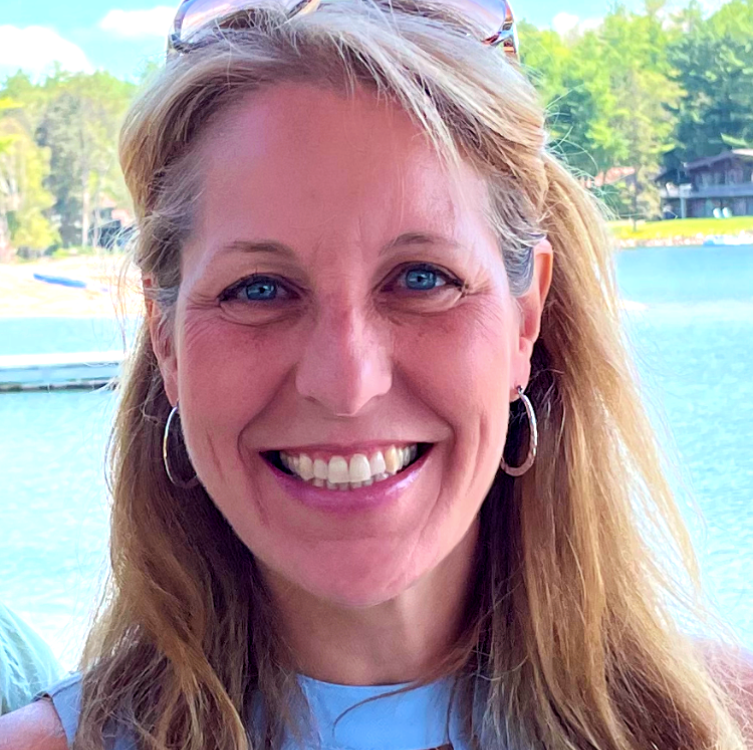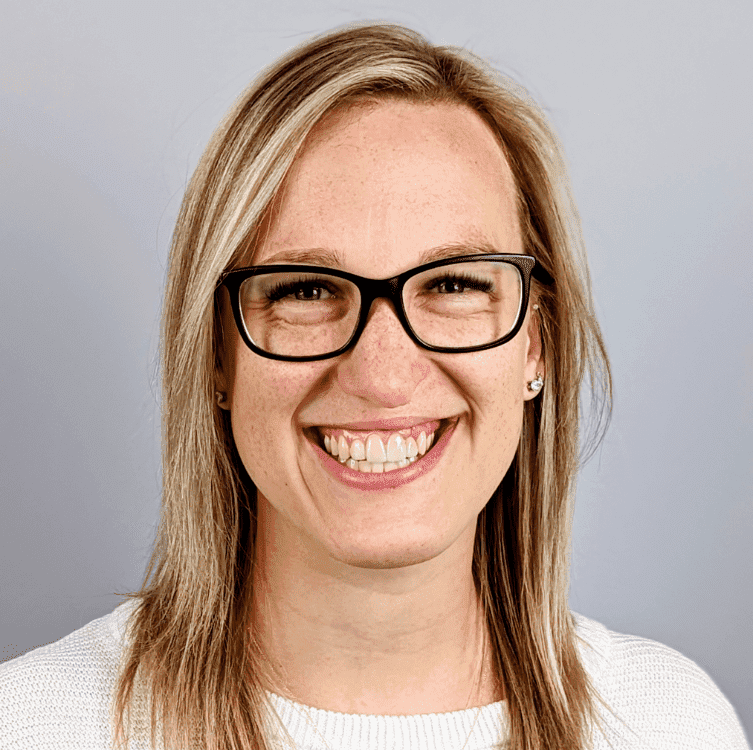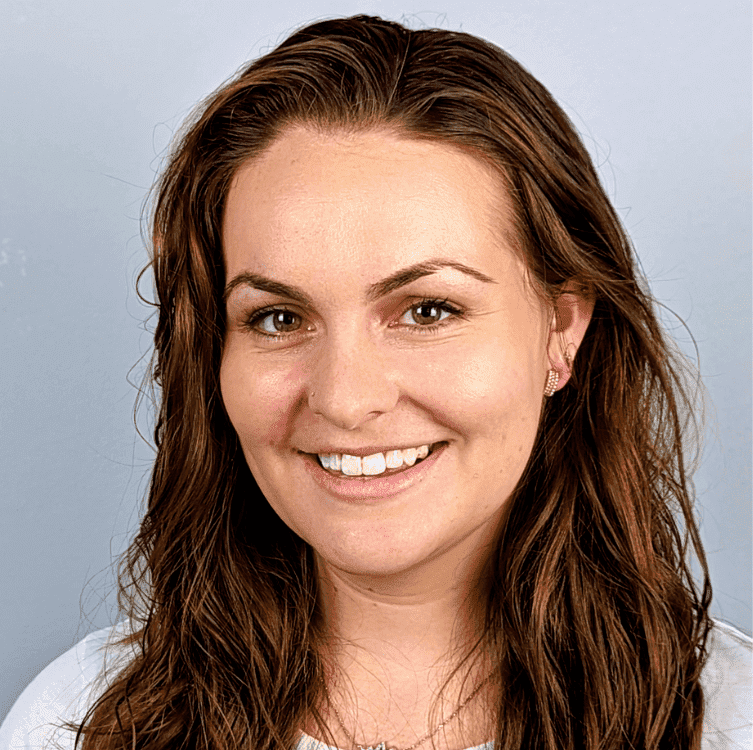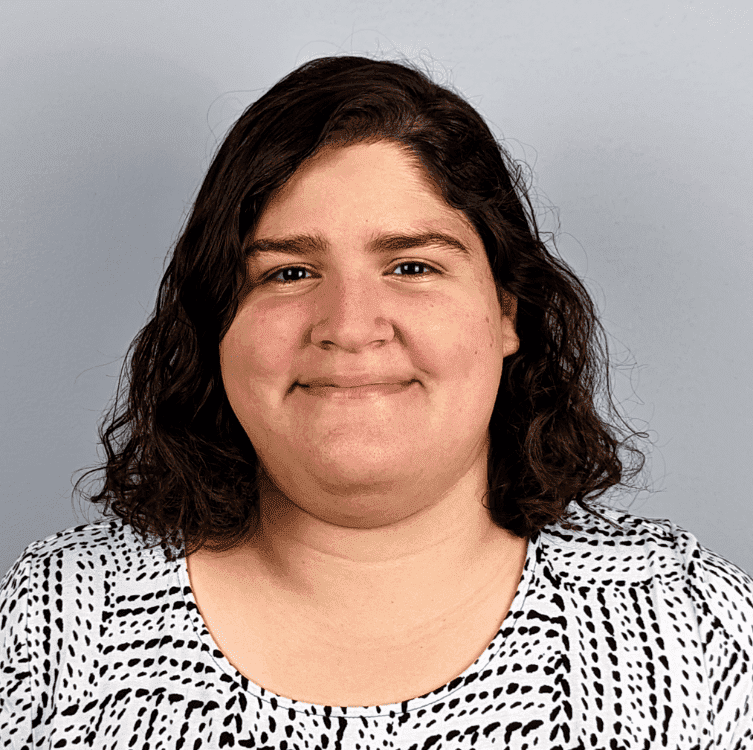Resources & FAQs
General FAQs
HIDDEN - DO NOT TOUCH
What is a multi-disciplinary clinic?
A multi-disciplinary clinic is a clinic that has multiple types of services all under one roof. This means that your child and family will have access to a coordinated therapy plan experience. Your therapists will be able to collaborate on the best practice and therapy for your child to ensure a holistic approach to address your child’s needs. Feel free to speak with your therapist about the coordination of your child’s treatment.
Do I need a medical referral to begin services?
No, you do not need a medical referral to access any of our services
Does OHIP cover my sessions?
Our sessions are not covered by OHIP (Ontario Health Insurance Plan). Families pay for our services up front, and may be reimbursed by their benefits provider, if applicable.
Do you accept Insurance? Do you direct bill?
LSCTS does not direct bill to any insurance providers. Please confirm what benefits you are eligible for, with your insurance provider. Make sure the benefits cover consultation appointments as well as ongoing treatment appointments.
Can services be billed under the parent/caregiver’s name?
No. According to the law, we have to bill under the name of the child who is receiving the therapy. For our psychology invoices, we can bill some of the cost under the caregiver’s name for the caregiver meeting and education portion of the assessment.
How do I pay for service?
We ask that all clients have an active credit card on file. Families are welcome to pay by e transfer or debit if needed, but must have an active credit card on file in the event that payment is not received.
How do I prepare for a virtual consultation?
All consultation appointments are booked by calling our Administrative staff at 705-792-5272.
Once you find a date and time that works for you, our staff will forward you a number of online documents for you to review and complete. You may complete these online, and click ‘submit’ and they will automatically be added to your child’s electronic health record with us (JANE).
How do I set up a virtual consultation with a therapist?
Virtual consultations are set up between yourself and the therapist by our Administration staff at 705-792-5272. The virtual consultation is mostly used by our Occupational Therapy staff.
Occasionally a therapy session may be arranged on line between the family/client and the therapist. These may occur across all therapy disciplines and are arranged between the therapist and the family/client.
In either case, a link will be provided to allow the virtual visit to take place.
What is meant by a treatment session?
Treatment sessions will be determined based on the assessment/consultation with the child (if appropriate) and family. Treatment sessions can be 45 or 60 minutes in length depending on the child’s abilities and age. Frequency of sessions would be determined by the therapist and family. In these sessions the therapist would use activities and strategies in a play environment to improve the present function and skills of the child.
How many sessions are needed?
The number of sessions required is very individualized for each child and sometimes is dependent on the therapy discipline involved. For example, when working with a CDA for Speech therapy you will do 10 therapy sessions before you pause to reassess the goals. In general, most children should plan for 8 – 10 sessions and we encourage you to speak to your therapist about the plan they would suggest.
Can I sit in on my child’s session?
Absolutely! Our therapy sessions depend on the support and engagement with our families. Let your therapist know you would like to sit in, and they can guide you through their plan for that session. If you are unable to sit in, please allow for 5-10 minutes at the end of your child’s session, to speak with the therapist about how the session went, how things are going at home and what ‘homework’ they might have until the next session. Your child’s therapy session is a combination of time in the treatment room with the therapist, and time touching base and following up between the therapist and the family.
Different kinds of funding that might be available for you?
It is important to research and understand if your child may be eligible for any funding that might offset the cost of therapy sessions.
Ontario Autism Program (OAP)
The Ontario Autism Program (OAP) offers support to families of children and youth on the autism spectrum. Children and youth who have been diagnosed with autism spectrum disorder (ASD) by a qualified professional are eligible for the program. Children receive services and support until the age of 18. https://www.ontario.ca/page/ontario-autism-program
Jordan’s Principle
Jordan’s Principle makes sure all First Nations children living in Canada can access the products, services and supports they need, when they need them. Funding can help with a wide range of health, social and educational needs, including the unique needs that First Nations Two-Spirit and LGBTQQIA children and youth and those with disabilities may have. https://www.sac-isc.gc.ca/eng/1568396042341/1568396159824
Do I have to pay for Parking?
No you do not have to pay for parking at any of our clinic sites. For Barrie, please park in the designated parking spots for LSCTS clients located at the South Entrance of the building. If these spots are full, please park in any of the open yellow lined parking spots, and bring your license plate information to Reception in Suite 105 for parking validation.
HIDDEN - DO NOT TOUCH
Is my child too young to start therapy?
Our clinic welcomes children from birth to 18 years of age. We are passionate about children of any age, reaching their highest potential! Of course, depending on the type of therapy needed, there may be suggested ages when therapy might be more successful. We are happy to answer any of your questions.
Where do I start?
It all starts with a phone call to our Administrative staff who can answer your questions and take you through our intake process. You do not need a medical referral to access any of our services. We do not have a waitlist and will schedule your child’s session on the next available appointment time.
Do I need a consultation before I start one to one therapy?
A consultation is a time for the therapist and the caregiver/child to speak openly about their most pressing concerns, and for the therapist to collect key information that can be used in the development of the steps in the family’s journey with our clinic. It can play an important role in determining what the best next steps are for the child and the family. It is a great advantage to have a consultation before starting one to one therapy. Sometimes families will be referred to us, by another professional, needing a very prescriptive, standardized test to be completed. In these rare cases, we may decide to not complete a consultation and start the assessment/testing right away.
What is an assessment?
This is a formal time with the therapist using standardized tests to determine the child’s level of function and abilities. After the assessment with the child has been completed, a meeting with parents will be scheduled to discuss the results of the assessment. These results, along with the parent/child’s input, will determine the child’s treatment plan. A document with the results of the assessment will be provided to the parent.
What does a virtual consultation entail?
This is an initial session between the therapist and the parent/caregiver, to determine the recommended next steps to support the child and the family. A treatment plan and program suggestions are discussed at this time. A written document is not included with a consultation.
What can I bring to my child’s session or assessment?
For most services, it is only recommended to bring a water bottle for your child to have in session. If you are attending a Psychology Assessment you can also bring a small snack as these assessments last between 2-3 hours. If you are attending an OT Feeding session, your therapist will give direction on what foods to bring with you. Please remember that we are a PEANUT FREE clinic.
Can I book appointments online?
Yes, existing clients will be able to book appointments online with their therapist using our Janne App program. Your profile will be set-up at the time of your child’s intake. When booking with a TA or CDA, please make sure you are booking appointments that are supervised by your supervising OT, PT or SLP. All new clients will not be able to book a consultation or assessment online, please call our office in order to schedule these appointments.
How do I cancel an appointment?
To cancel an appointment, we ask that you contact our Administration staff, during business hours, at 705-792-5272. By speaking to them directly, you have the opportunity to rebook the session you are canceling. You may also choose to add your child’s name to a therapist’s cancellation list, so that you can be called for an appointment as one becomes available.
Charging cancellation fees, for a cancellation notice less than 24 hours, is a very common business practice.
Our therapy staff prepare in advance, and space and time is reserved for your child’s session.
We do understand the impact of illness on your families, and that it is not always possible to provide a great deal of notice to us when it strikes, however the consequence is still felt by our clinic and staff, therefore a cancellation fee is necessary.
How much does each session cost?
Our fees can be found on our “How It Works” page. Go to page HERE
Why do I have to pay for reports?
Following an assessment, reports are often required to provide the caregiver with details of the assessment and testing that was administered. These reports involve the therapist’s time in scoring parts of the assessment, and providing information in the report that can be shared with other disciplines and professionals. Because the process of pulling the report together can be detailed and time consuming, the caregiver will pay an additional amount for the report.
How does LSCTS communicate with our families?
We believe that our relationship with the families we serve is very important. We make sure that we communicate by email, any overall changes that affect our clients and their families. This could include staffing or scheduling changes. Before every therapy session, the family will receive a reminder email of the appointment date and time. Every 2-3 months we produce a Newsletter for our families, focusing on clinic highlights and upcoming events. Our Administration staff are available during clinic business hours to answer any questions in person or by email.
What is Jane?
Jane is our scheduling and booking program for the clinic. Jane allows clients to create a profile for their child and manage appointments, invoices, payments and documentation from the client profile. When you complete your child’s intake, you will be prompted to create a profile for your child. Jane also allows you to manage all your family profiles from one login. You will also be able to integrate your personal calendar to your scheduled appointments through Jane. If you have further questions, please see our resources page or contact our office.
How to leave a Facebook review?
To leave us a Facebook review, you can use the link below. You will be required to log into Facebook first, and then be directed immediately to our review page.
How to leave a Google review?
You can leave a Google review for either our Barrie or Parry Sound site using the following links:
Mental Health Counselling FAQs
HIDDEN - DO NOT TOUCH
Should parents attend the first session?
Yes, it’s best if both parents can attend the session.
What can we expect to happen in the first session?
Introduction to the therapist and the therapeutic process. A detailed assessment of the family dynamics, the child, challenges bringing them to our clinic, strengths and academics.
How frequent will sessions be?
This is based on the needs, age of the child etc. We will discuss the therapy plan in the initial session.
Can my child see an OT and a SW at the same time?
We welcome it! We are a multidisciplinary team who loves to collaborate. We will set different goals and address various skills differently, while working coherently as your child’s support team.
Occupational Therapy
FAQs
HIDDEN - DO NOT TOUCH
Is my child too young for OT?
Occupational therapy sees children 0-18 years of age. We strongly believe in early intervention before strong habits are formed. Usually our infants are seen for developmental and/or feeding concerns which includes breast and bottle feeding as it pertains to proper positioning and acknowledging sensory needs.
What should I bring to my OT sessions?
Usually there isn’t anything you would need to bring but yourselves although, if you would like the therapist to review any medical report or their school work or items from home, that would be very helpful. If we are working on clothing sensitivity, you may be asked to bring in pieces of clothing that are problematic for your child. If we are working on feeding skills, you may be asked to bring in foods that are a struggle for your child.
How do I implement therapy suggestions for home?
Your therapist will walk you through the suggestions/tools needed and how to best implement them at home by scheduling a Caregiver Coaching Session. The therapist can then focus solely on you and your needs at home.
Speech-Language Pathology FAQs
HIDDEN - DO NOT TOUCH
How much of my child’s speech should others be able to understand at this age?
Typically, a child should be 95-100% intelligible to unfamiliar people by age 4. For younger children, unfamiliar people should be able to understand approximately 25% by age 1, 50% by age 2, and 75% by age 3.
Why is my child not talking?
15% of children are considered late talkers. A late talker has mastered 50 words or less by age 2 and cannot combine words together. I.e., more bubbles (will say “more” or “bubbles” but will not say them together). There is no single explanation for your child to be a late talker. Late talkers are more likely to have a family history of early language delay, to be male, and to have been born at less than 85% of their optimal birth weight. Some late talkers can acquire language without therapy but it is recommended that all language delayed children receive speech therapy to help facilitate their language development.
Does a speech delay mean my child has Autism?
No. There are many reasons for a speech delay. The most common speech delay we see is children that are “late talkers”. This means that they may not be following typical speech and language milestones for their age. While speech therapists cannot make a diagnosis of autism, they are experienced in identifying red flags for autism and can make the appropriate recommendations to parents about next steps.
Will my autistic child ever talk?
There are many factors that affect speech and language development, when the child is autistic the child may face unique challenges that can affect their communicative abilities. It is not unheard of for nonverbal children to develop verbal communication later in life. However, in our speech therapy sessions, we aim to teach the skills to help the child communicate as best they can within their abilities.
HIDDEN - DO NOT TOUCH
How does playing in therapy help facilitate my child’s language?
Although therapy may look like simply playing, it is the best and most common approach to stimulate your child’s language development. Firstly, it ensures that the child is excited to come back to therapy and participate with the therapist during the session. Secondly, speech therapists are adept at targeting set goals while the child plays, they are learning without even realizing it! Lastly, since play and language skills develop in tandem, we often play during speech therapy sessions to encourage language.
How long will my child need therapy? How many sessions will we do per week?
The number of sessions will depend on a variety of factors. For example, a child with an articulation disorder may require 10-15 sessions depending on the severity of the issue. The number of sessions per week will be recommended by the SLP following an assessment.
My child has multiple articulation errors, so why do we only target one specific sound at a time?
Speech-Language Pathologists (SLPs) recommend targeting sounds that the child is stimulable for (meaning, they are able to produce the sound when given direct instruction but are not able to use it in conversation). We also target sounds that affect their intelligibility (how a child is understood). For example, if a child is producing all K words as T’s and all R words as W’s, we will target the sound that the child is most stimulable for as it will be easier for them to master that sound and to help with overall intelligibility.
Psychology FAQs
HIDDEN - DO NOT TOUCH
What is Psychology at LSCTS?
Psychologists provide assessments to better understand how a child thinks, learns, feels and behaves. They work with the child and family to assess developmental, behavioural, emotional and intellectual difficulties that impact their daily functioning. Our Psychologists do not provide counseling services, only assessments. We have a Mental Health team consisting of Social Workers and Psychotherapists that can provide counseling services for your child.
Our Child has multiple areas of concerns, what Assessment should I choose?
We appreciate that this can be a complex situation, depending on the concerns, needs and circumstances for your child and family. If you are not sure what Psychology Assessment your child should complete, we can schedule you for a Consultation with our Psychologist to discuss your concerns and to provide suggestions for services.
What should we bring to the Assessment?
Please bring with you any forms that you have not already forwarded to the office. For the child, please bring a snack and water bottle as assessments typically last 2-3 hours.










